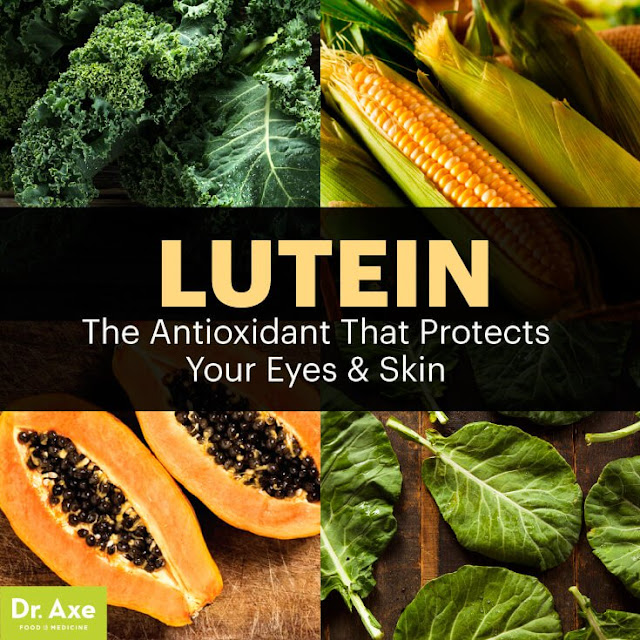What Is Lutein Derived From?
Lutein is a natural pigment found in plants and certain other foods that has significant health benefits. It is deposited in high concentrations in the retina and lens of your eye, where it is especially important for vision. Since your body cannot synthesize lutein, you must obtain it from food. Consuming a healthy diet containing abundant, lutein-rich foods ensures that you obtain sufficient quantities of this important micronutrient.
Lutein
Lutein belongs to a class of natural compounds called carotenoids. Unlike some carotenoids that are precursors to vitamin A, lutein has no vitamin A activity. Rather, lutein accumulates in your retinas and the lenses in your eyes. Lutein filters out certain wavelengths of light, mainly in the high-energy part of the spectrum, that could potentially harm your eyes. It is also an antioxidant that helps protect and support your retinal cells. According to the American Optometric Association, people with the most lutein in their eyes have very sharp vision and a decreased risk of developing cataracts and an eye disease called age-related macular degeneration.
Vegetable Sources
Although a recommended daily intake of lutein has not been established, the American Optometric Association suggests consuming at least 10 milligrams daily. A number of vegetables are rich sources of lutein. For example, a 1-cup serving of kale or spinach contains about 20 milligrams, while turnip greens and collards provide 15 and 12 milligrams, respectively, per serving. Other green vegetables, such as green peas, broccoli, romaine lettuce and green beans also contain lutein, with between 1 and 4 milligrams in a 1-cup serving. Although most vegetable sources are green in color, corn is an exception; it contains about 2 milligrams of lutein per serving. Finally, although orange carrots contain only a tiny amount of lutein, newly developed yellow carrots are lutein-rich and, according to scientists at the USDA's Vegetable Crops Research Unit, your body absorbs their lutein very efficiently.
Other Sources
Fruits that are highly colored, especially those that are yellow or orange, may also contain lutein. For example, one large orange contains about 0.2 milligrams of lutein and a large papaya provides about 0.3 milligrams. Other orange-colored fruits, such as peaches and mangoes, also contain small amounts of lutein. Lutein is also provided by eggs, where it is concentrated in the brightly-colored yolks. Two large eggs contain about 0.3 milligram of lutein.
Supplements For Eyes
Although a diet rich in lutein-containing foods should provide adequate amounts of the nutrient, you might consume a lutein supplement if you have difficulty consuming fresh fruits and vegetables or are at high risk for eye disorders. Lutein supplements are available at pharmacies and health food stores as capsules or tablets. These are generally considered safe, although they might interact with other carotene-containing medications, and you should consume them with food to minimize possible gastrointestinal discomfort. Discuss lutein supplements with your doctor to decide if they might be helpful for you. |
| Lutein |

